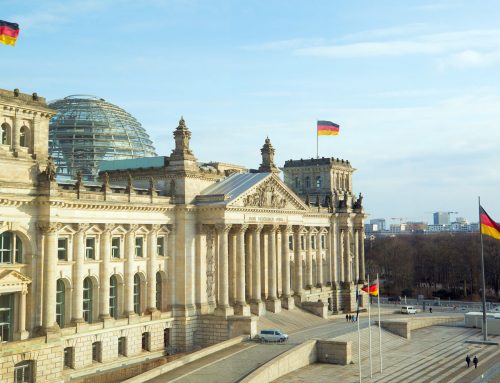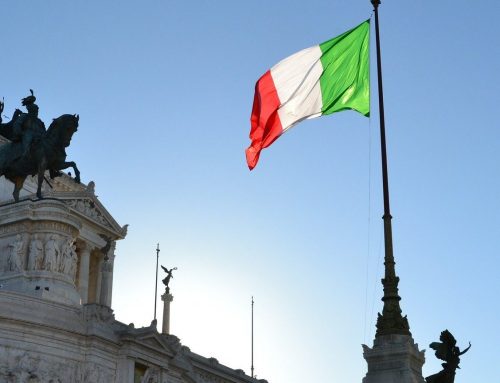Italy is a bit of an outlier regarding greenhouse gas emissions in the European landscape. In contrast to the other Member States, while emissions are generally decreasing, those caused by fluorinated gases do increase – according to the Italian Greenhouse Gas Inventory 1990-2019, edited by Ispra (The Italian Environmental Protection Agency) and published in April 2021. In 2018, fluorinated gases accounted for only 4.4% of the total emissions but showed a significant growth that will make them progressively more relevant in the coming years. Between 1990 and 2018, HFCs increased from 0.4 to 16.8 Mt of carbon dioxide equivalent.

Italian emissions of fluorinated gases by type from 1990 to 2019 (in kt CO2 eq) (Source: Italian Greenhouse Gas Inventory 1990-2019 )
This evolution induced the Italian refrigeration sector to examine the possible causes and look for ways to reverse the trend. It is likely that the high temperatures recorded during the last summer resulted in the broader utilization of air conditioners and thus influenced the data. Still, there is another factor, too, according to Assocold – the Association of manufacturers of cold technologies. For every new and technologically sustainable supermarket that opens, there are 20-25 that use obsolete or inefficient technologies, e.g. that use refrigerants with a high greenhouse impact, subject to annual losses in the low double-digit range of the refrigeration charge.
Despite being harmful to the environment, these systems do not get replaced by more efficient solutions because they are far from the end of their life, and their replacement would require a considerable financial commitment.
The initiatives of a few virtuous retailers, who converted to more efficient technologies out of their own pockets, are not sufficient to impact emissions significantly. Hence the need to initiate a dialogue with the institutions to promote incentive schemes to replace old plants. Incentive schemes exist in Germany, Switzerland, France, and other northern European countries.
The awareness that the Italian supermarket fleet must speed up its transition towards more sustainable technologies led the different stakeholders of the supply chain to propose a Bill (DDL) entitled „Provisions on the ecological transition to contrast the increase in fluorinated greenhouse gases from commercial refrigeration“.
The Bill aims to encourage businesses to refurbish their plants to drastically reduce the use of fluorinated gases and promote energy efficiency. The proposal found broad support among the various parliamentary groups because „it tackles different factors that contribute to the protection of our common home“, states Senator Patty L’Abbate, who presented the Bill. Practically, the Bill aims at establishing a tax credit to be issued to the various business segments, according to specific parameters.
Initially, the Bill had to be part of the 2022 Budget Law, but it did not make it. What does this mean? As Assocold explains: “We hope that the Bill will soon be submitted to the Territorial Commission of the Senate and then re-discussed” (status: end of January 2022).
Therefore, commercial refrigeration in Italy is to continue waiting to obtain the government’s support to transition to systems in line with the decarbonization objectives.
Meanwhile, the sector does not remain idle. Assocold and Federdistribuzione, which brings together and represents the companies of Retail, decided to jointly follow a path to promote industrial transformation and reconversion in refrigeration for food distribution companies and promote sustainability and digitalization to accelerate towards the climate-neutral shop of the future.
“The agreement – says Francesco Mastrapasqua, president of Assocold – aims at accelerating the ecological transition in Modern Distribution, contributing to the implementation of a new model of building a climate-neutral point of sale. It will be crucial that we promote broader access of retailers to the latest and most efficient natural refrigeration technologies and to the facilities foreseen in the Transition Plan 4.0 (the Italian political plan to support 4.0 technologies, Ed) for digitally interconnected systems. Those facilities enable the dialogue and the information exchange that can optimize an installation in terms of productivity, efficiency, quality improvement, reduction of food waste and energy consumption”.







